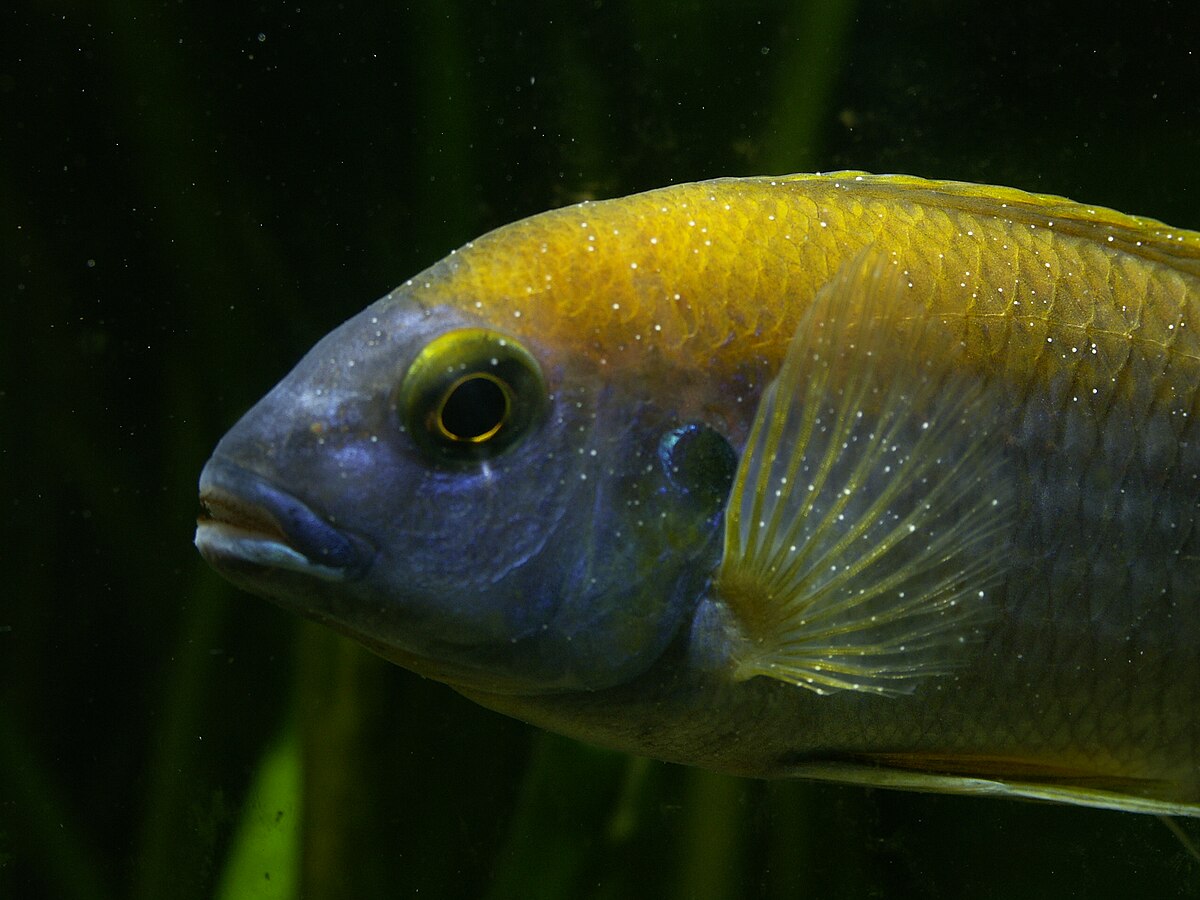I always worry most about my cooler tanks, as the fish would suffer most, from heat treatment ( my preferred method )... however in the couple years I've had my tanks going again, I've had it in 2 tanks, both outbreaks, at "tropical" temperature's... so either I was just lucky, or maybe the parasite, doesn't flourish, at the cooler temps, & obviously they don't like the hotter water, as that seems an effective method to kill them off..., so maybe they thrive best at the same temperatures as most tropical fish do???
has anyone ever had Ich in a tank in the lower 70's degrees???
it appears as if cooler water does not stop Ich...
"This life cycle is highly dependent on water temperature, and the entire life cycle takes from approximately 7 days at 25 °C ( 77 degrees F. ) up to 8 weeks at 5-6 °C. ( 41 degrees F. )"

 en.wikipedia.org
en.wikipedia.org
has anyone ever had Ich in a tank in the lower 70's degrees???
it appears as if cooler water does not stop Ich...
"This life cycle is highly dependent on water temperature, and the entire life cycle takes from approximately 7 days at 25 °C ( 77 degrees F. ) up to 8 weeks at 5-6 °C. ( 41 degrees F. )"

Ichthyophthirius multifiliis - Wikipedia
Last edited:

